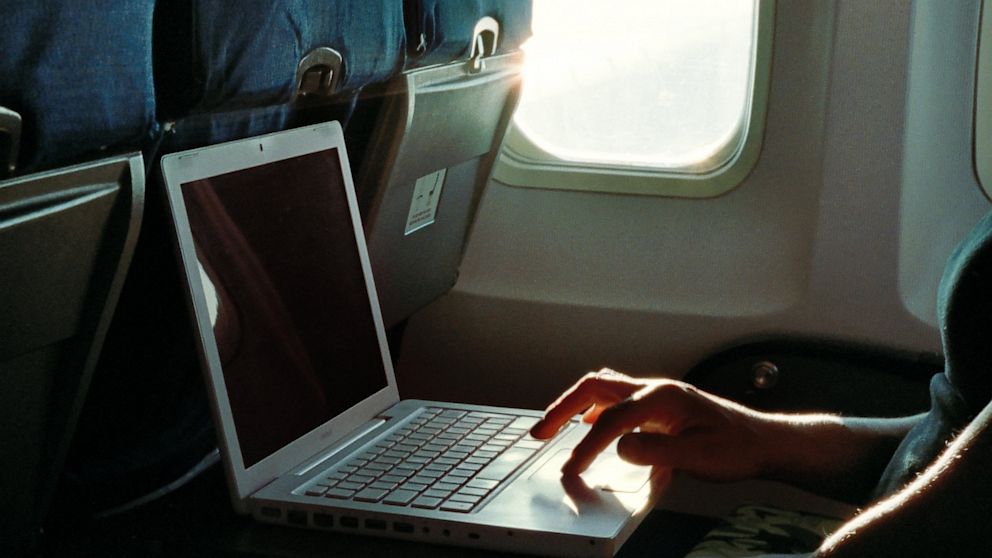In-Flight Wi-Fi to Finally Get Faster With Gogo's New Technology
Gogo's GTO will significantly increase web-browsing speeds on planes.

Sept. 11, 2013 — -- If you've ever used the in-flight Wi-Fi you already know that it's pretty cool to surf the web at 30,000 feet. You also know it can be pretty darn slow.
But Gogo, the company that provides the majority of wireless service on airplanes in the U.S., vows that's soon to change. Today the company announced some new technology that will bring faster Internet speeds to airplanes in the second half of 2014.
That might not be soon enough for some road warriors, but the new technology, which Gogo calls Gogo GTO or Gogo Ground to Orbit, will significantly increase the speed of in-flight wireless networks from about 10Mbps to 60Mbps. Translation for nontechies: It should be much faster and no longer remind you of AOL or Compuserve dial-up speeds.
The increase in speed will come from improvements to the satellites and the ground-based towers that Gogo uses to create the connectivity. A new antenna, which is installed on aircraft, will also be twice as efficient and half the size of the one currently on planes.
FAA Might Allow for Some Gadget Use Before and During Takeoff
Virgin America will be the first to use Gogo's GTO service. Gogo's Director of Communications Steve Nolan would not confirm if the service would come to other airlines, but he said the company planned to talk to its other partners, which include American Airlines, Delta and United. JetBlue plans to roll out Wi-Fi service on its planes soon but will use ViaStat, a competing company's solution.
Nolan said it was too early to say if services such as Netflix or Hulu would be available for fliers. Currently, Gogo offers its own Gogo Vision video service, which streams movies and TV shows directly from the plane.
He also said that pricing wasn't yet set for the faster service. Right now Gogo charges a hefty $15 for a mere three hours of usage on some flights. But he did confidently say that the new GTO service would "bring more bandwidth and a better browsing experience."
And that's something we can all get behind.




